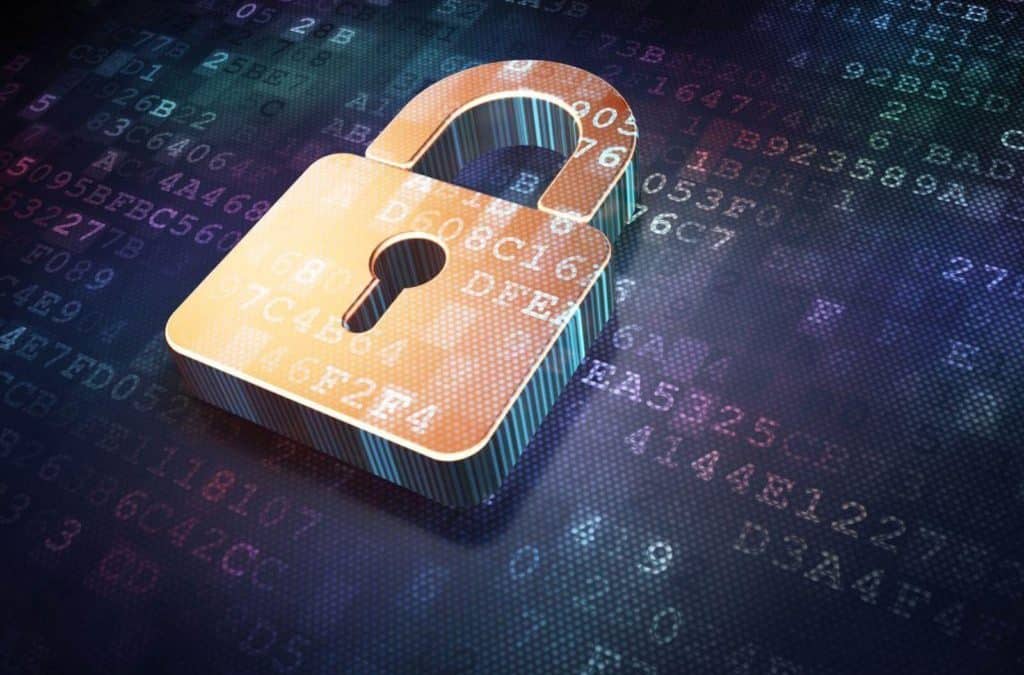In recent years internet penetration and social media usage have seen a significant increase in Pakistan. With the increasing use of social media, online violence against girls and women is escalating and many women are becoming the victim of cyber-crimes.
Now, this is crucial to ensure that the digital space becomes safe and empowering for everyone, including women and girls.
Women and girls face cyberstalking, cyberbullying, identity theft, harassment, hacking and threats. These crimes cause great damage to their social, personal and professional life.
The growing use of mobile phones and the internet has put women and girls at risk so it’s important to be mindful of the dangers.
Here are some dos and don’ts for cyber safety.
- Don’t share your passwords even with trusted friends or partner because sometimes relationships change before your password does. They may not intentionally cause you harm, they may accidentally reveal your password to someone. Keep passwords private and complicated.
- Never share messages, pictures, information or anything online with anyone that can embarrass you if shared publicly because even it can be leaked by your trusted person by mistake or intentionally.
- Don’t reveal your whereabouts because stalkers can find you with your status update or with a simple photograph. Use the geotagging feature only when it’s safe.
- Disable camera permissions and cover its lens when not in use because there are too many apps that can record your movements without your knowledge. As a precaution don’t always allow apps to use microphone and location, use the feature of permitting the apps only when using instead.
- Don’t meet a friend that you have made online but if it is necessary don’t meet them alone or at the unsafe place and always let someone know where are you going.
- Keep your apps updates and install security updates and patches to keep the latest threats away. Install a reliable security system in all your devices.
- Always read terms and conditions before you agree with them on any platform because you may give consent to share or reveal your information and you could not take any legal action against the company.
- Don’t use freebies come as games, offers, deals, etc. They may be riddled with viruses, spyware and malicious software. These can get into your device and mine all your data.
- Don’t use public and unsecured WiFi networks
- Basic file deletion and factory reset are not enough when selling your phone so Wipe all your data rightly before selling phone. Backup your data Encrypt your data Overwrite with junk data (songs, movies etc.) Remove your accounts SIM and memory card Perform a factory reset
In Pakistan, cyber crimes against women are often not reported because of lack of awareness, societal pressure and intimidation from harassers. Victims of online harassment and abuse should come forward, share and report the crimes and seek help from cybercrime cells. They should flag such acts and speak out to stop them through using laws for the cyber world.
In Pakistan, you can reach out to the National Response Center for Cyber Crime (NR3C) run by the Federal Investigation Agency (FIA) and register you complain at cyber-crime complaint cell. The culprit will be punished after an investigation under the Prevention of Electronic Crimes Act, 2016.
Under section 21 of the (“PECA”) reputational damage or breach of privacy is punishable with imprisonment of up to 7 years or fine up to 5 million rupees or both. Section 24 deals with cyberstalking.
Mr Omer Aftab, Founder and CEO of Women’s Empowerment Group is a distinguished Pakistani social entrepreneur. He is an accomplished campaign strategist working for the last 33 years specialised in Campaigning, Behavior Transformation Communications Strategic Public Relations with many proven success stories.

